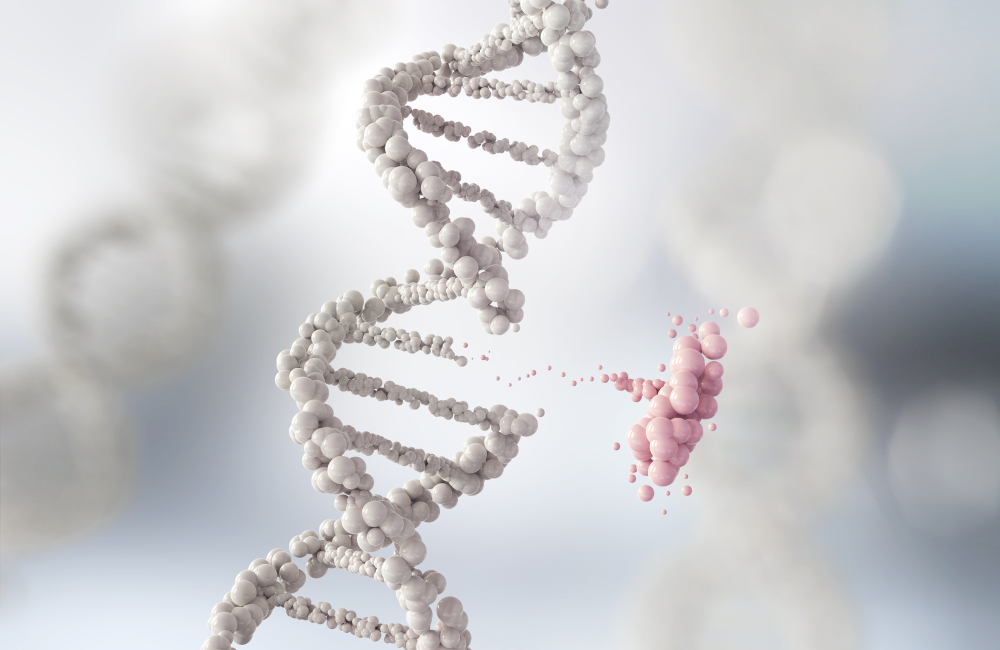Rocket Pharmaceuticals Secures RMAT Designation For RP-A601 Gene Therapy In Genetic Cardiomyopathy
Rocket’s RP-A601 gene therapy earns RMAT status for PKP2-ACM, advancing treatment for rare genetic heart disease.
Breaking News
Jul 19, 2025
Vaibhavi M.

Rocket Pharmaceuticals announced that the U.S. FDA has granted Regenerative Medicine Advanced Therapy (RMAT) designation to RP-A601, an investigational gene therapy aimed at treating PKP2-arrhythmogenic cardiomyopathy (ACM), a rare and deadly genetic heart condition. The designation is based on encouraging data from the Phase 1 clinical trial and will allow for enhanced regulatory support and accelerated review pathways.
The RMAT designation, created under the 21st Century Cures Act, is reserved for therapies addressing serious or life-threatening conditions and showing preliminary clinical promise. It provides benefits such as priority review, earlier FDA interactions, and flexibility in endpoint selection that could support faster approval and post-market commitments.
“The FDA’s RMAT designation for RP-A601 represents a meaningful advancement for Rocket and for patients living with PKP2-ACM, a life-threatening genetic heart disease characterized by ventricular arrhythmias and sudden cardiac death. This marks the fifth RMAT designation in our history and underscores our commitment to developing potentially curative gene therapies for patients with rare and inherited cardiovascular diseases. The early clinical data for RP-A601 are highly encouraging, and we look forward to continued collaboration with the FDA throughout the program’s development,” said Kinnari Patel, PharmD, MBA, President, Head of R&D of Rocket Pharmaceuticals.
The three adult patients, who received the single dose, all displayed a rise in the PKP2 protein levels, as well as an improvement in cardiac cell structure. The statistically significant improvements in cardiac function, elimination of the arrhythmia, and self-assessment quality of life were found to be clinically significant. There were no adverse safety reports at all, with the treatment being well tolerated.
